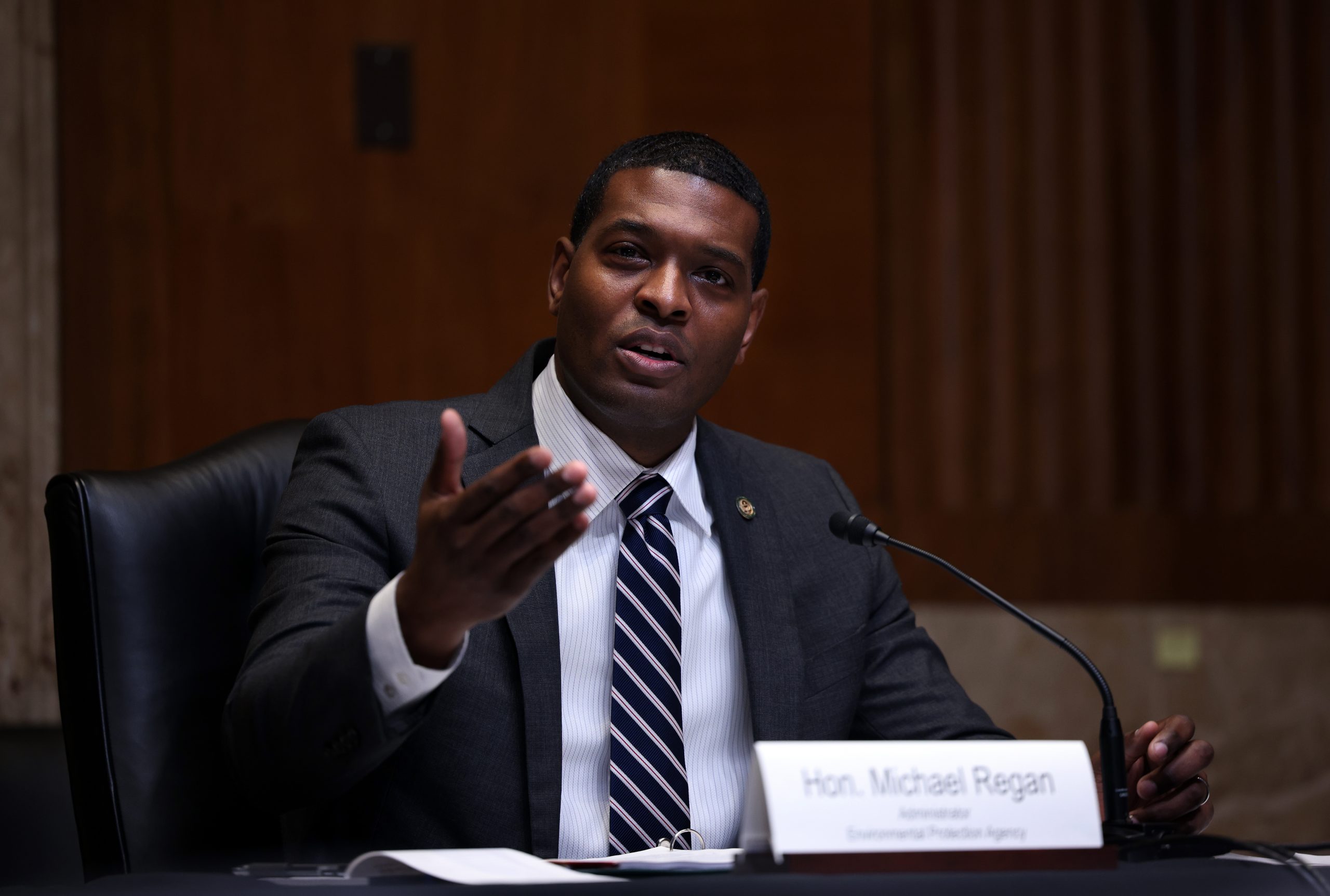While the stay is technically temporary, the three-judge panel’s order cast serious doubt on the underlying lawsuit brought by Louisiana and other re
While the stay is technically temporary, the three-judge panel’s order cast serious doubt on the underlying lawsuit brought by Louisiana and other red states.
Details: In a nine-page order, the panel rejected the legal arguments made by Louisiana that the interim social cost of carbon metric could cause them a real injury.
“The Plaintiff States’ claimed injury is ‘increased regulatory burdens’ that may result from the consideration of [the social cost of greenhouse gases], and the Interim Estimates specifically. This injury, however, hardly meets the standards for [constitutional] standing because it is, at this point, merely hypothetical,” wrote Judges Leslie Southwick, a George W. Bush appointee, and James E. Graves Jr. and Gregg Costa, both Barack Obama appointees.
At a 3 percent discount rate, the social cost of carbon dioxide was set at $51 per ton, or the same as the Obama administration’s adjusted for inflation, as well as higher figures for methane and nitrous oxide.
The judges also rejected the argument that the states can demonstrate the SCC figures caused any injury or could be redressed via an injunction.
“The increased regulatory burdens the Plaintiff States fear will come from the Interim Estimates appear untraceable because agencies consider a great number of other factors in determining when, what, and how to regulate or take agency action (and the Plaintiff States do not challenge a specific regulation or action),” they wrote.
The claims amount to a “generalized grievance” about the Biden administration’s policies — which doesn’t meet the constitutional requirements for standing, they concluded.
The panel also took aim at the preliminary injunction issued in February by Judge James Cain of the U.S. District Court for the Western District of Louisiana, a Trump appointee.
Even if the states had standing to challenge the interim estimates, the panel wrote it was “unclear” how that justified stopping the Interagency Working Group from completing work on a broader update, as Cain did.
“All of this effectively stops or delays agencies in considering SC-GHG in the manner the current administration has prioritized within the bounds of applicable law,” they wrote. “The preliminary injunction’s directive for the current administration to comply with prior administrations’ policies on regulatory analysis absent a specific agency action to review also appears outside the authority of the federal courts.”
Ultimately, the states are too early in bringing a legal challenge, they wrote.
“In sum, the Plaintiff States’ claims are based on a generalized grievance of the use of Interim Estimates in cost-benefit analyses of regulations and agency action. But their claimed injury does not stem from the Interim Estimates themselves, it stems from any forthcoming, speculative, and unknown regulation that may place increased burdens on them and may result from consideration of SC-GHG,” they wrote. “We conclude the standing inquiry shows the Government Defendants’ likelihood of success on the merits in this appeal, and the other factors, including the public interest, favor granting a stay of the injunction.”
The White House, Department of Justice and Louisiana attorney general who led the challenge could not be immediately reached for comment.
Context: The stay allows EPA, the Departments of the Interior, Energy and Transportation and other federal agencies to resume using the interim SCC figures in rulemakings and other decisions. At least one major rule, regarding emissions from heavy-duty trucks, Reg. 2060-AU41, was published without quantifying its climate benefits because of the injunction.
What’s next: The stay is pending a fuller appeal of the injunction, but the order issued on Wednesday indicates the appellate court is not amenable to Louisiana’s arguments.
www.politico.com
